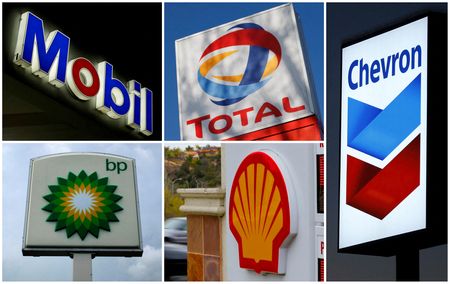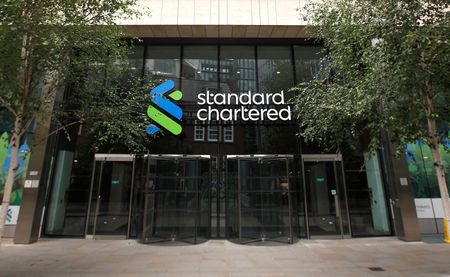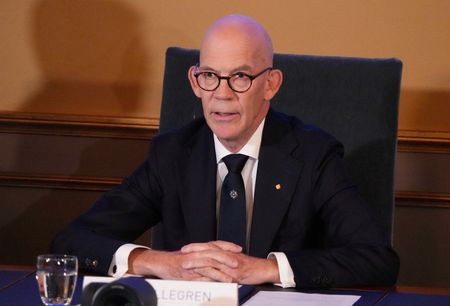(Corrects dateline to Oct 7, not Oct 6. No change to text)
By America Hernandez and Stephanie Kelly
PARIS/LONDON -The five biggest global oil majors are moving to cut costs, jobs and share buybacks as falling oil prices threaten to make shareholder payouts unsustainable without increasing debt, analysts said.
Chevron, ExxonMobil, BP, Shell and TotalEnergies have pledged high returns for the past decade to avert an investor exodus as fossil fuels lost their appeal.
But maintaining those generous payouts, which have topped $100 million annually since 2022, has increasingly been funded by debt as energy prices retreated from highs caused by sanctions and supply disruptions in the wake of Russia’s invasion of Ukraine.
Oil majors, now pressed to reinvest in exploration and production, must choose between cutting some operations, letting debt rise to unsustainable levels or weaning shareholders off popular but pricey returns.
Rising global oil output, meanwhile, is expected to keep prices falling, leaving the majors facing some difficult decisions.
Most oil majors need oil prices above $80 a barrel to sustain current levels of dividends and share buybacks, which hit record highs buoyed by bumper profits in 2022, according to data from RBC Capital Markets and BofA Global Research.
But Brent oil prices fell below $65 last week, the lowest since July, on fears of oversupply. Citi expects oil prices to drop to the low $60s and Goldman Sachs to the $50s next year.
To contend with lower prices, TotalEnergies said it will reduce its buybacks from the fourth quarter of this year and cut costs to the tune of $7.5 billion by the end of 2030 to reduce debt.
BP and Chevron have reduced buybacks this year. Shell has not announced plans for any cuts to its buyback programme.
More than a dozen energy companies have announced job cuts for 2025 and 2026, including ExxonMobil, Chevron, Shell and BP.
(Reporting by America Hernandez in ParisAdditional reporting by Stephanie Kelly in LondonEditing by David Goodman)










